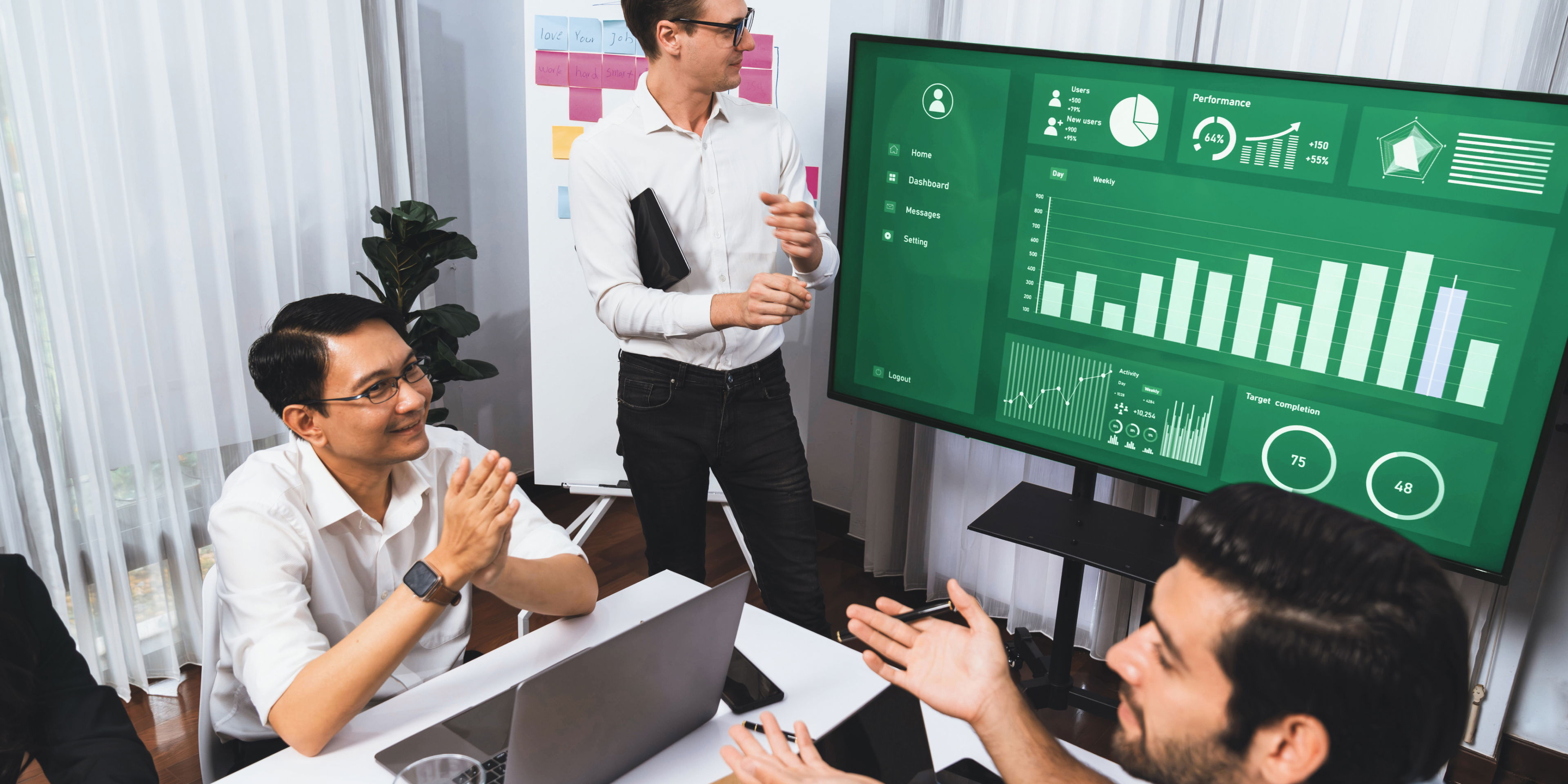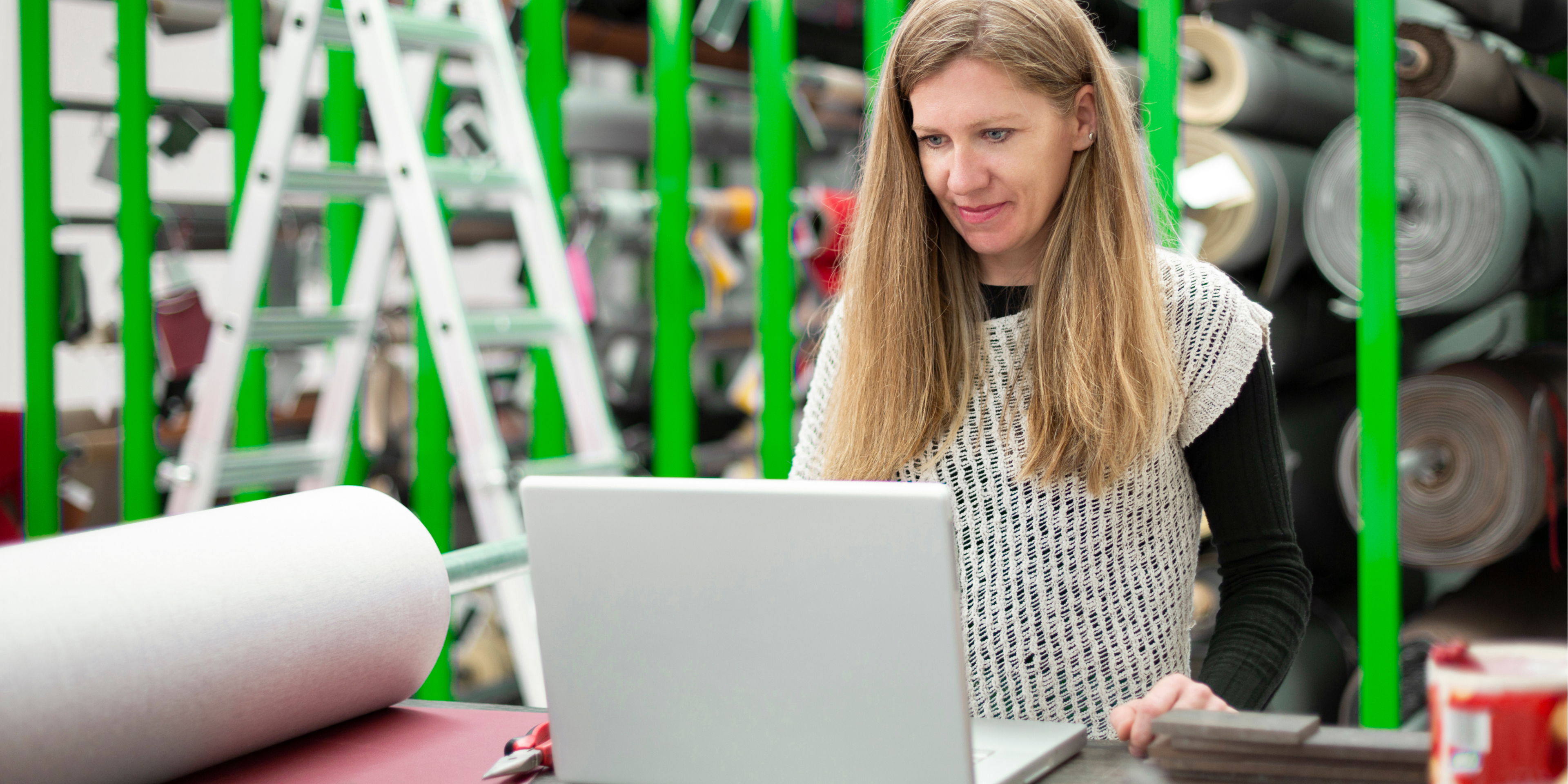- Building Materials
- 10 min read
- August 2024
When should Building Materials Businesses Consider ERP Modernization
Key Takeaways
You must start modernizing your legacy ERP system once it starts to eat into your IT resources and dumps too many manual tasks on your team, hence dragging down organizational efficiency. – Rapidops
Modernizing your ERP isn’t just a technical upgrade; it’s a strategic decision that can set your building materials business up for success in a rapidly changing market.
If you’re already evaluating whether to replace or modernize your ERP, you’re probably facing significant challenges and uncertainty about the best next step.
This guide is here to help you identify the signs that indicate it’s time to modernize, understand why now might be the right time to take action and explore why upgrading your existing ERP might be more beneficial than starting from scratch.
Recognizing the signs: Is Your ERP holding you back?
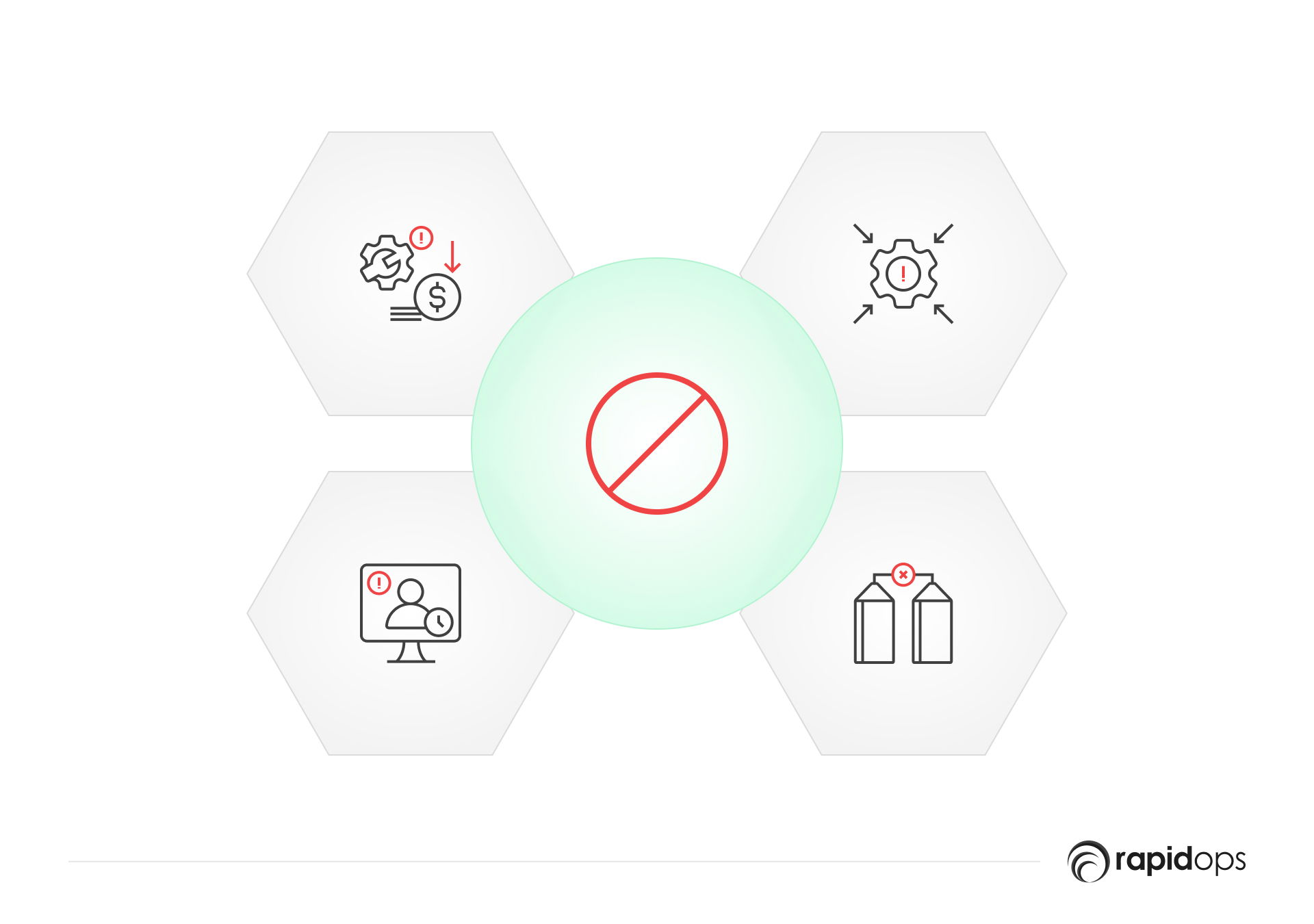
You might have noticed that your current ERP system isn’t performing the way it should. These issues aren’t just minor inconveniences; they could be significantly undermining your business’s efficiency, growth potential, and competitive edge.
Ignoring these signs can lead to more severe operational problems down the road, making it imperative to consider modernization sooner rather than later. Here are some key issues you should acknowledge before making a decision:
1. Scalability issues
As your business grows, your ERP should be able to scale alongside it. If your ERP is struggling to manage an expanding inventory, increased transactions, or new product lines, this is a red flag.
Failing to address scalability can lead to bottlenecks, delayed order fulfillment, and ultimately, dissatisfied customers—resulting in lost revenue and strained business relationships. If your ERP can’t scale, your business growth will be stunted.
2. Data silos and lack of integration
Disconnected systems and outdated integrations can create data silos, making it difficult for teams to access the information they need. This slows down decision-making processes, leads to errors, and creates missed opportunities.
Over time, these inefficiencies can erode your competitive advantage, making it harder to respond to market changes or customer needs quickly. In a fast-paced industry like building materials, where timely decisions are crucial, these delays can have serious repercussions.
3. Outdated processes and user experience
An ERP with clunky interfaces and rigid workflows isn’t just an annoyance; it can significantly reduce employee productivity and morale. When employees have to work around the system rather than with it, it leads to inefficiencies, errors, and frustration.
This not only affects day-to-day operations but also increases the likelihood of costly mistakes and lost productivity over time. If your workforce is spending more time wrestling with your ERP than doing their jobs, it’s time to modernize.
4. High maintenance costs
If your ERP is consuming more resources in maintenance than it provides in benefits, it’s dragging your business down. High maintenance costs don’t just drain your budget—they also limit your ability to invest in other critical areas of the business.
Over time, these ongoing expenses can accumulate, making it more difficult to allocate funds to growth initiatives or other technological advancements. Modernizing your ERP can significantly reduce these costs, freeing up resources for more strategic investments.
These problems indicate that your ERP might be more of a burden than an asset. But why is now the right time to act? Because by failing to address these problems now will lead to further operational inefficiencies, higher costs, and missed opportunities.
Let’s delve deeper, shall we?
Why it’s the right time to modernize
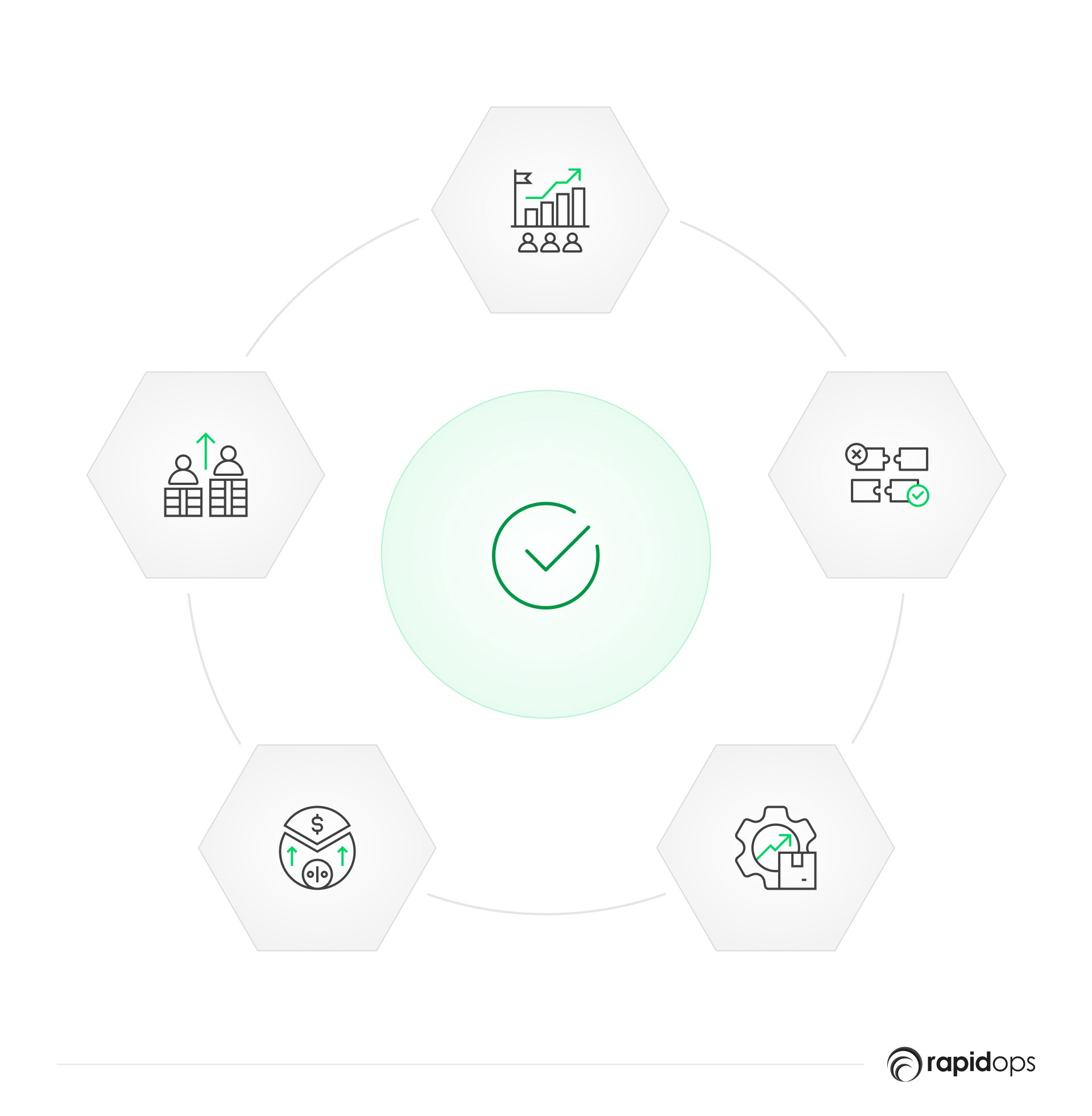
Let’s look at some reasons why addressing these issues through modernization is particularly crucial right now:
1. Evolving market demands
Consumer expectations are shifting faster than ever. Customers now expect quicker delivery times, customized services, and real-time visibility into their orders.
If your ERP system isn’t equipped to handle these demands, you risk falling behind. Modernizing your ERP will enable you to meet these expectations, ensuring customer satisfaction and operational efficiency.
2. Increasing competition
Your competitors are not waiting. Many have already modernized their systems, leveraging data and automation to enhance efficiency, reduce costs, and offer better customer experiences.
If you continue relying on outdated technology, you risk being outpaced by these forward-thinking companies. To stay competitive, you need an ERP system that empowers you to move as quickly and effectively as they do.
3. Margin pressures
Rising material costs and ongoing supply chain disruptions are squeezing profit margins across the industry.
Modern ERP systems can help mitigate these pressures by optimizing inventory management, improving forecasting accuracy, and providing real-time insights into your operations.
These capabilities allow you to manage resources more effectively, protect your margins, and make informed decisions in a challenging market environment.
4. Operational efficiency and scalability
As your business grows, so do your operational needs. A scalable ERP system is essential for maintaining efficiency as you expand.
Modernizing your ERP allows you to integrate advanced technologies like AI, advanced analytics, and automation, which can significantly streamline processes, reduce manual workloads, and improve overall productivity.
5. Future-proofing
The business landscape is constantly evolving, with new market changes, regulatory requirements, and technological advancements emerging regularly.
Modern ERP systems provides the flexibility and adaptability you need to respond to these changes quickly and effectively, ensuring that your business remains resilient and competitive in the long term.
6. Technology-ready
The future of business is increasingly digital, with technologies like IoT, blockchain, and AI becoming integral to operations.
Modernizing your ERP system now ensures that your business is ready to integrate and leverage these cutting-edge technologies as they become more widespread.
Being technology-ready means you can quickly adopt new tools and stay ahead of industry trends rather than playing catch-up.
By taking action now, you’re positioning your business not just to survive but to thrive in the evolving landscape. Modernizing your ERP is a strategic investment that will help you navigate current challenges and future-proof your operations for long-term success.
Why modernizing is smarter than replacing
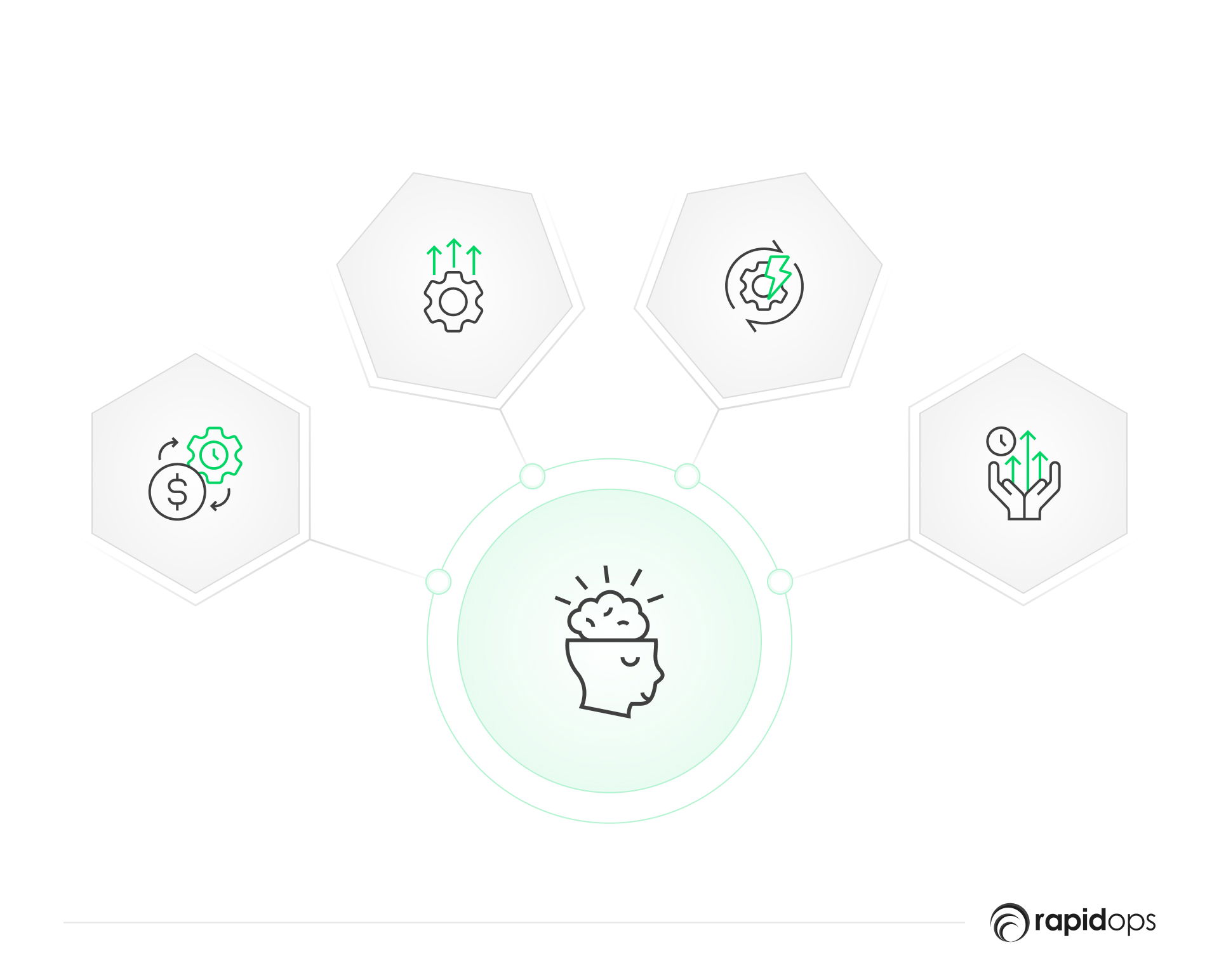
So, should you replace your ERP entirely? In most cases, modernization is a more practical solution, especially given today’s unpredictable market conditions. Here’s why:
1. Cost-efficiency
Replacing an ERP system from the ground up is a significant financial commitment. Modernizing lets you achieve most of the benefits without the hefty price tag or disruption.
2. Incremental upgrades
You can take a phased approach to modernization, focusing on integrating key technologies like cloud computing, AI, and advanced analytics where they’ll have the most impact.
3. Less disruption
A complete overhaul risks business interruptions. By modernizing in stages, you ensure continuity while gradually upgrading your capabilities.
4. Flexibility for future growth
Modernization allows you to keep the foundation that’s working while adding the flexibility to scale and evolve as your business grows.
In today’s market, where every decision needs to be both strategic and adaptable, upgrading your ERP through smart integration and phased improvements is often the best approach.
Concluding thoughts
Modernizing your ERP isn’t just about technology—it’s about setting your business up for sustainable growth, efficiency, and competitiveness. The right partner will help you avoid common pitfalls, ensure a smooth transition, and unlock the full potential of your operations.
Partnering with a technology expert who understands the unique challenges of the building materials industry can make all the difference.
For the past 15 years, we’ve been working closely with businesses in the building materials industry, helping them navigate the complexities of ERP modernization. Our industry expertise has empowered leading companies to overcome their unique challenges and achieve their goals through tailored, effective solutions.
By partnering with a team that understands your industry, you can ensure that your ERP modernization journey is successful from start to finish.
Because modernizing your ERP isn’t just about technology—it’s about setting your business up for sustainable growth, efficiency, and competitiveness. The right partner will help you avoid common pitfalls, ensure a smooth transition, and unlock the full potential of your operations.
Frequently Asked Questions
What are the risks of delaying ERP modernization for my business?
How does ERP modernization improve scalability in the building materials industry?
Why is incremental ERP modernization more beneficial than a full replacement?
What role does ERP modernization play in future-proofing my business?
How can ERP modernization help reduce costs in the building materials industry?


